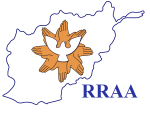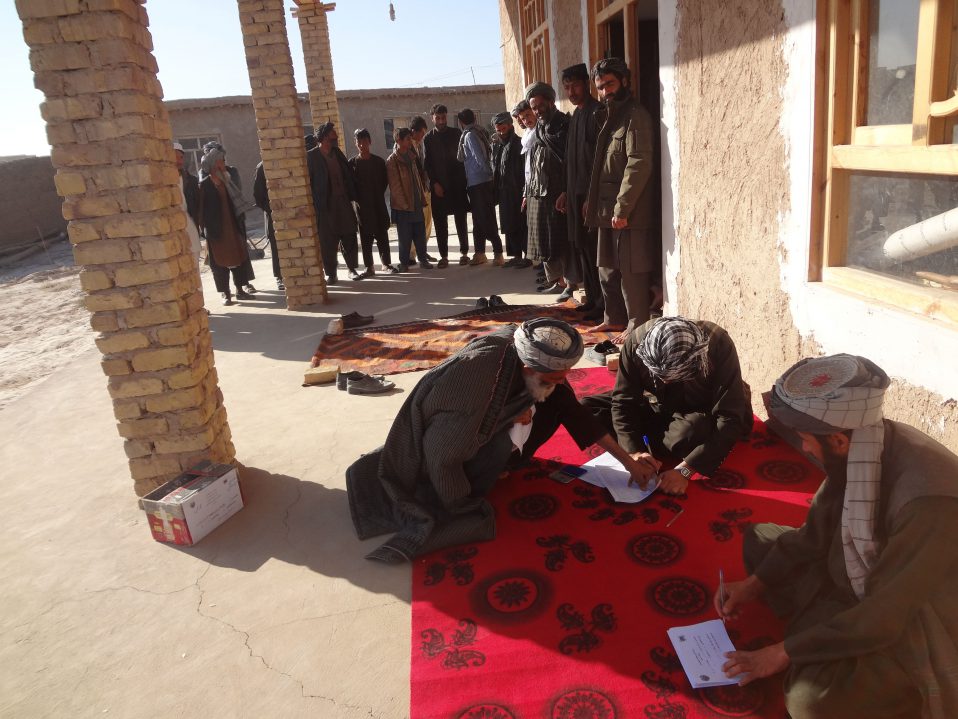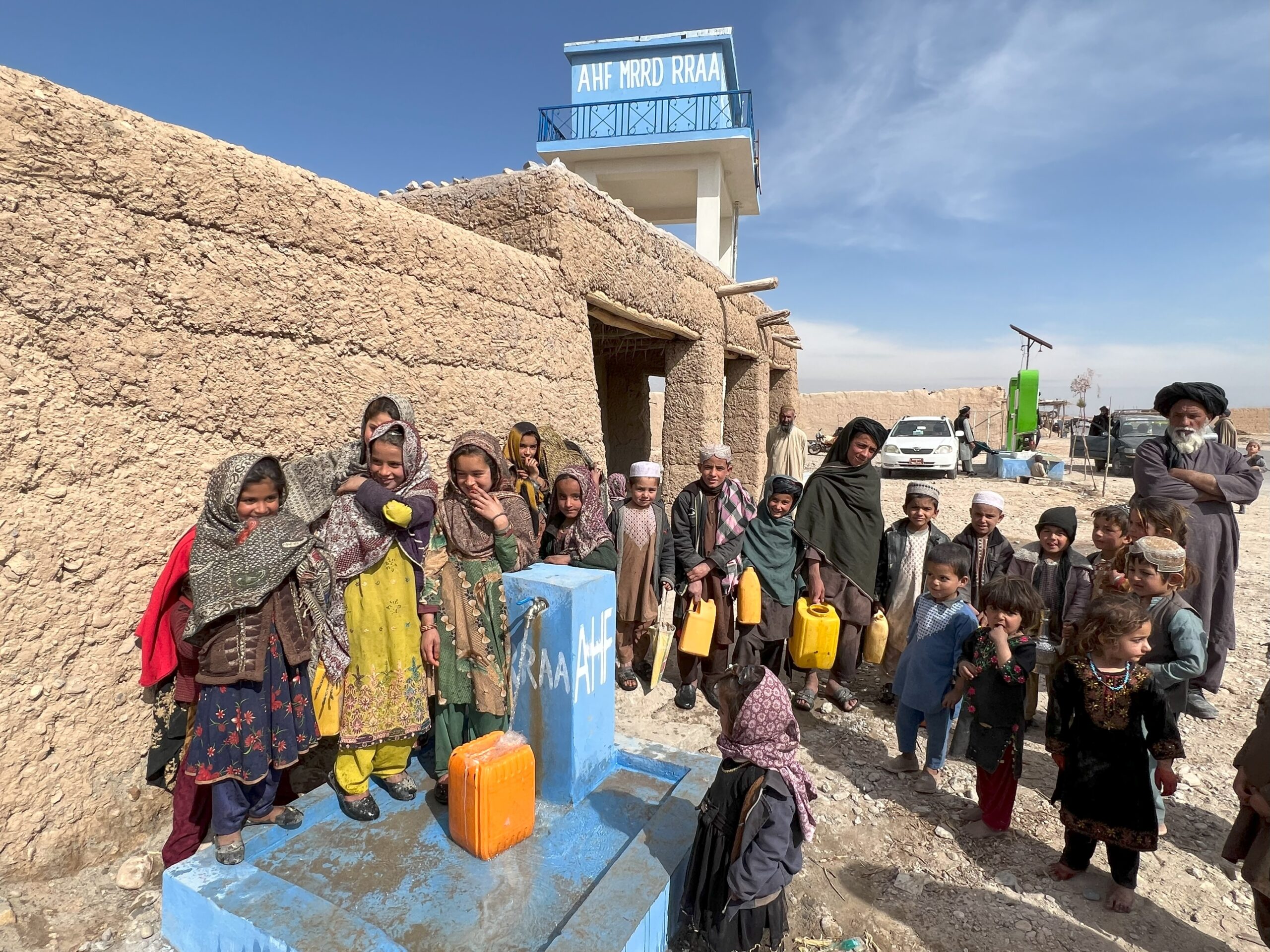Good governance plays a crucial role in ensuring stability, security, and socio-economic development in Afghanistan. However, the country has been facing significant challenges in achieving good governance due to various factors such as corruption, political instability, lack of capacity, and weak rule of law.
One of the major challenges to good governance in Afghanistan has been corruption. This persistent problem has undermined accountability, transparency, and public trust in the government. In addition, political instability has also affected good governance by hindering the implementation of policies and programs.
Another challenge has been the lack of capacity in governance institutions, which has resulted in inefficiencies and ineffective service delivery. The weak rule of law has also contributed to challenges in achieving good governance, as it has hindered the provision of justice and protection of human rights.
However, there is a way forward for Afghanistan to achieve good governance. This can be achieved through a concerted effort by the government, civil society, community, and international donors. The government can take steps to address corruption, strengthen governance institutions, and promote accountability and transparency.
Civil society can also play a critical role in promoting good governance by monitoring government activities, advocating for reforms, and holding leaders accountable. International donors can support these efforts by providing technical assistance, financial resources, and capacity building.
By addressing these challenges and working together, Afghanistan can realize its goal of achieving good governance, which is essential for sustainable development and a stable, prosperous future.
For the strategic period of 2023-2027, good governance will be one of the sectors of operation because the organization is implementing a partner for CRLP and ABADEI, which is a key of good/local governance.


